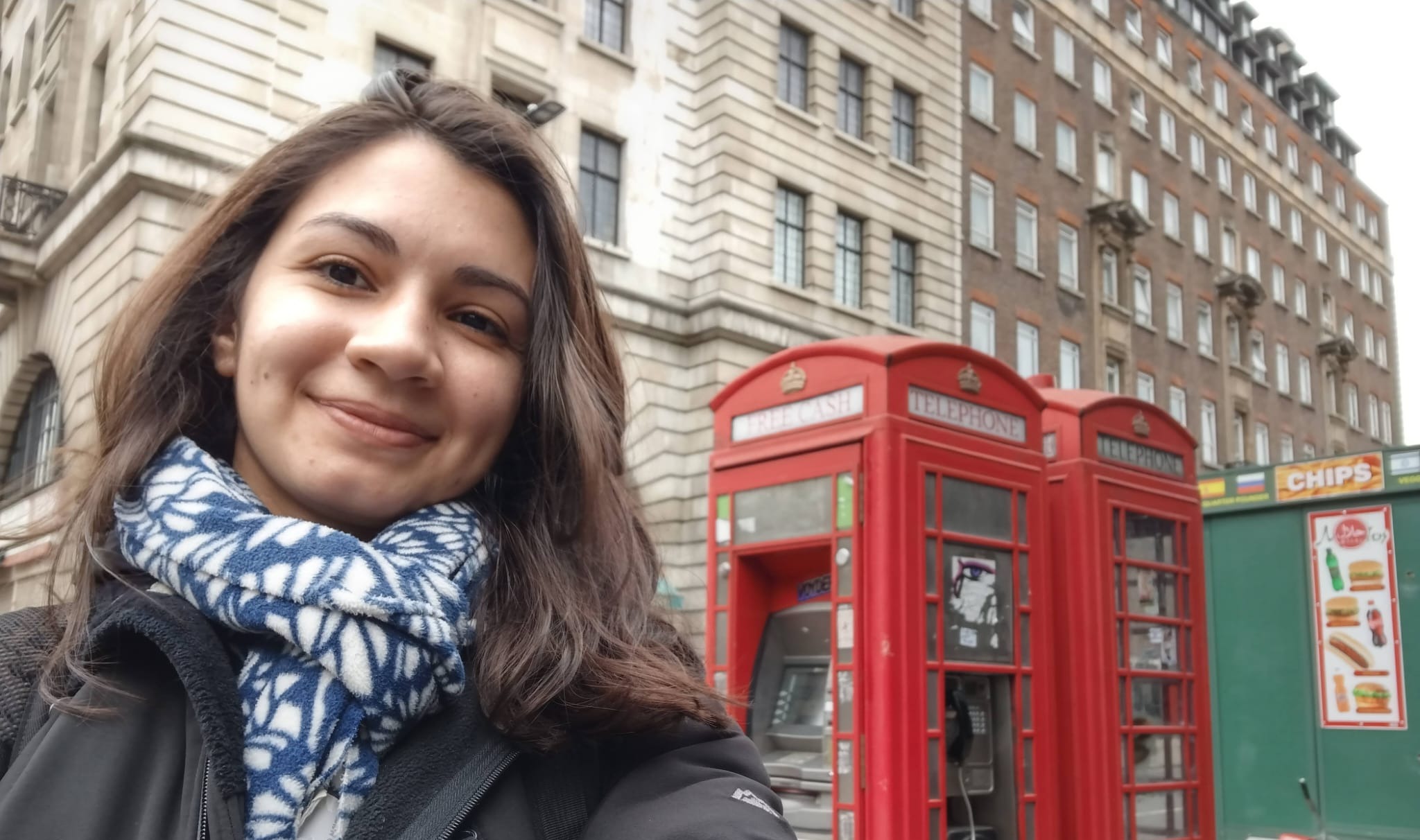All you need to know about your CAS (Confirmation of Acceptance for Studies) letter
18/03/2021

The information in this article was correct at the time it was published. If you are reading this at a later date please be sure to check the information on the Gov.uk links or contact studentimmigration@cranfield.ac.uk if you are unsure.
If you are coming to the UK to study and you need a student visa then getting your CAS is a crucial step. But what is a CAS and why do you need one?
If you are joining Cranfield University you will receive your CAS letter from the Admissions team once they have reviewed your application for admission and supporting evidence. The University will only issue you a CAS letter if:
- you will be studying on a full-time programme, which is more than six months long
- your offer is unconditional and you have accepted your offer online via your EVE account
You should try and obtain your unconditional offer and get your CAS letter as early as possible to leave yourself enough time to submit your visa application.
Your Confirmation of Acceptance for Studies (CAS) letter is a virtual document that contains your course information and CAS number (which is a unique 14-digit reference given to you by Cranfield University – your sponsor).
You can start preparing your Student visa application online but you cannot submit your visa application until you have received a CAS letter from Cranfield University. The CAS number is generated when we provide the Home Office with information about you and your programme of study.
A CAS is only valid for six months from the date it was issued and it can only be used once. The CAS links you to the University and means you can only use it to study at Cranfield University. If you apply for a Student visa using a CAS number from another university, you will not be able to use this visa to study on a programme at Cranfield University.
Once you have your CAS letter, don’t forget to check that all the details on the letter are correct, for example – your name, fees paid, course name, start and end dates need to be right for your visa application to go smoothly. If you think anything needs changing, you should contact your Admissions team as soon as possible.
You will have a latest arrival date mentioned on your CAS letter, this date indicates the last date you can physically arrive in the UK on your student visa. You must make every effort to arrive in the UK before this date however, we do understand that there can be unforeseen circumstances. If you are unable to arrive by the latest arrival date mentioned on your CAS letter, you should contact your Admissions team and the Student Immigration and Funding team as soon as possible for further advice before you travel.
Good luck with your application! Don’t forget you can contact us if you have any questions about your CAS letter.
Categories & Tags:
Leave a comment on this post:
You might also like…
Gear up for the future of vehicle design: Introducing the MSc in Virtual Prototyping for Vehicle Structures (VPVS)
The automotive and motorsport industries are in a constant state of evolution. Light weighting, electrification, and ever-stringent safety regulations are driving a revolution in vehicle design. But this innovation requires a ...
Finding industry profiles in Library resources
When researching an industry; its size, value and performance; competitors, brands and trends in the market etc., we recommend having a look at the following services. These can all be accessed via the SOM Library's ...
Setting up a shared group folder in a reference manager
Many of our students are now busy working on their group projects. One easy way to share references amongst a group is to set up group folders in a reference manager like Mendeley or Zotero. ...
Where are they now? From a Women in STEM scholar to a Sustainability Senior Professional
We recently caught up with Karoline, a previous Women in STEM scholar to find out where her scholarship and Cranfield master’s has taken her. How has Cranfield impacted your career? Studying at Cranfield University ...
Alan Harrison Half-Fee Scholarship 2024/2025 Recipient: A transition from working life back to student life, filled with learning, challenges, and rewarding moments
My first term at Cranfield has been filled with learning, new challenges and rewarding moments. Coming in with only a basic understanding of procurement and supply chain management, I knew the first term would ...
Moving with the times: The ‘new-look’ Cranfield Management MSc
For more than a decade, the Cranfield Management MSc has been at the forefront of management education worldwide. Ranked best Management MSc in the UK for value for money and international student experience by ...






